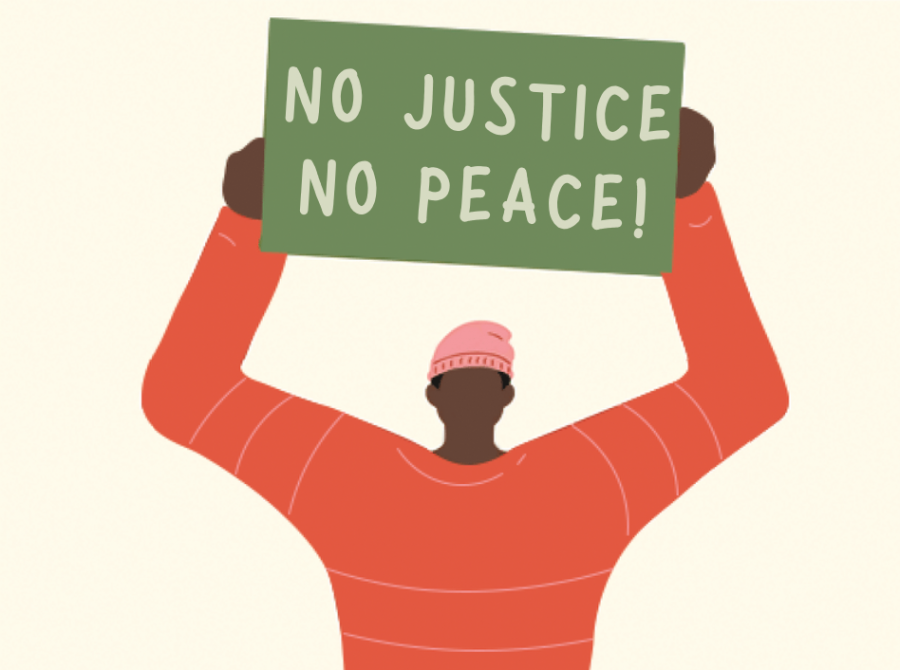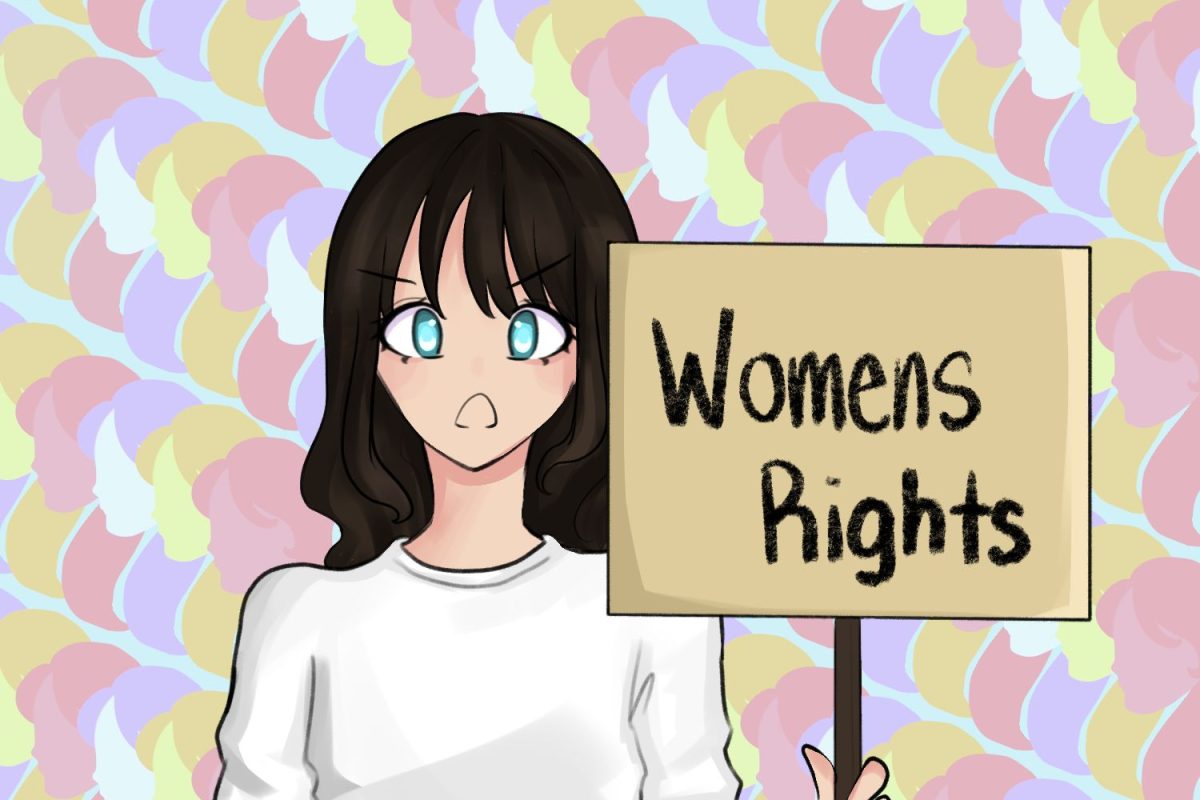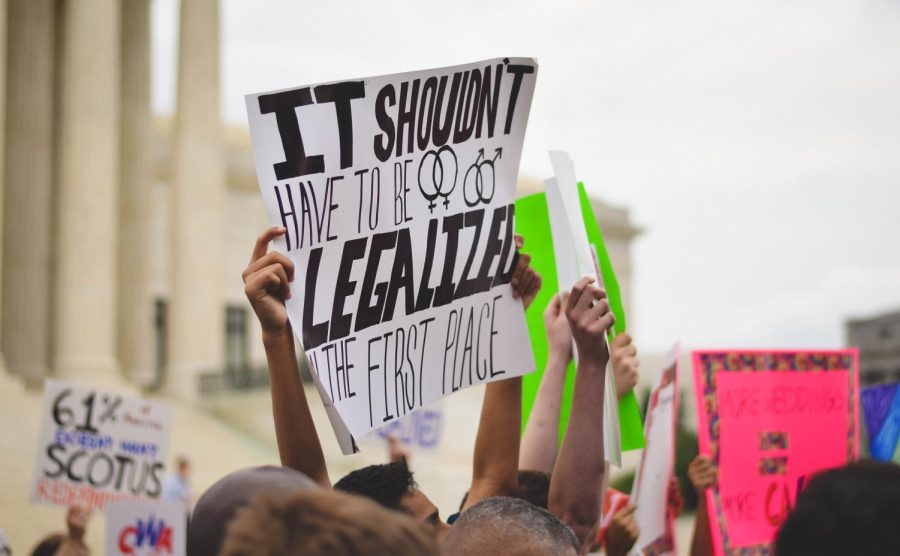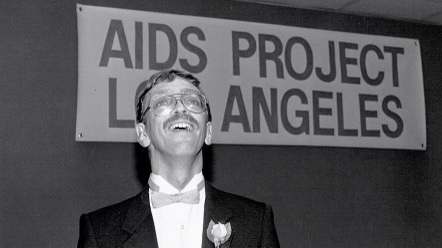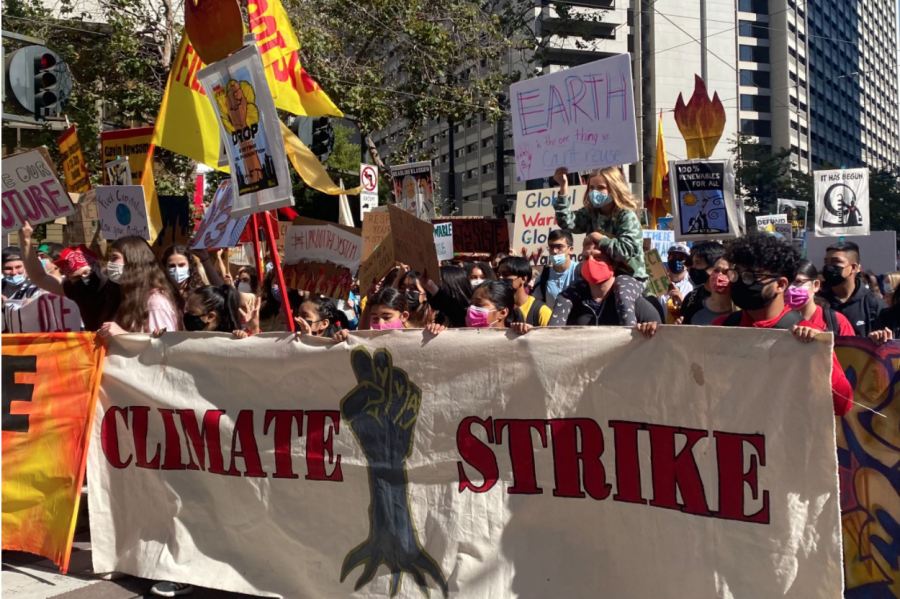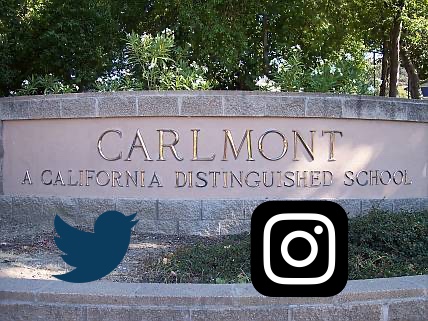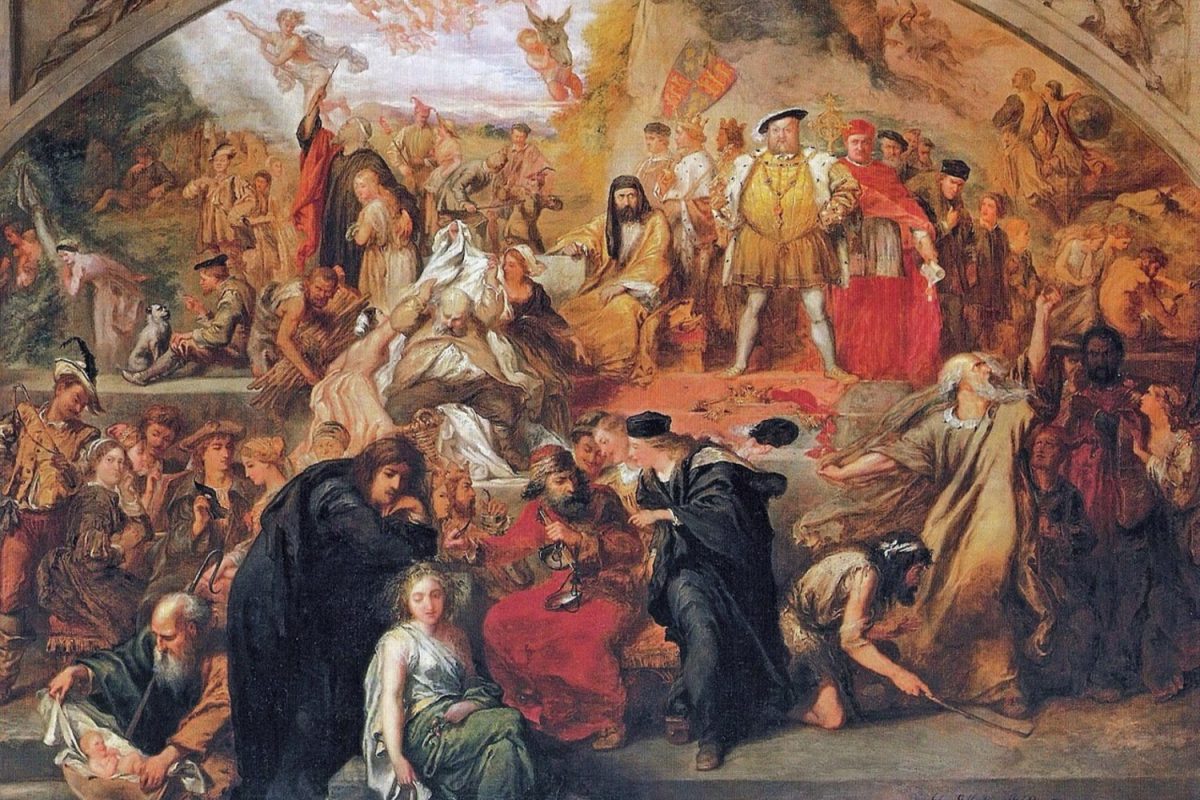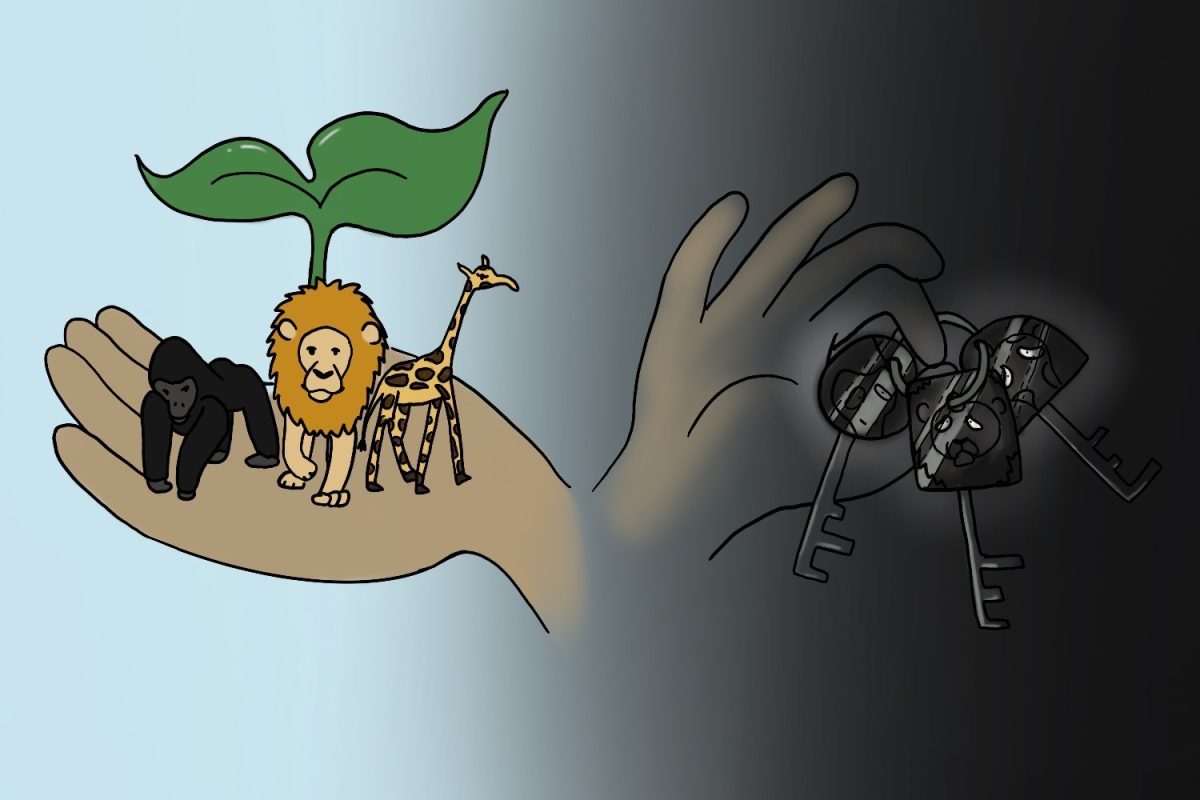In an era of massively re-energized politics, the year 2020 transformed America with a surge in civic engagement and youth activism. Now, as we enter a new year with a different administration, this transformation has the potential to grant us lasting change.
While we’ve only recently seen its most profound impacts, those in power have been challenged by the rise of the modern world’s most overlooked voices like never before.
At a vulnerable age, teenagers were forced to witness society’s hateful and polarized realities while adopting a sense of bleak pessimism. They have watched the news time and time again, stricken with broadcasts of mass shootings, fear-inducing realities of climate change, a mass pandemic, worldwide economic strife, and innocent people killed in the streets.
In all too many cases, the stories on the news became realities for this nation’s youth. Yet, as the world’s stability came crumbling down in an unpredictable year, powerful voices called for action and refused to be left unheard.
While no one is a stranger to the miseries of the past year, failures to take action against America’s most critical issues left a vital message set in stone: in periods of suffering, individuals will press for change.
As a result, social media quickly transformed into platforms for advocacy and education as young people took advantage of a newfound opportunity.
In response to false hope and a lack of response to COVID-19, people posted about the importance of safe social distancing practices regarding their loved ones’ health. After seeing the murder of innocent Black lives by those who claim to protect and serve, people took to the streets to protest. Many even founded non-profit organizations to donate and raise awareness for foundations in need as time went on.
Gen Z has undoubtedly pushed against injustices that reek through the nation in a way that they never could before. Still, increased participation left the most important calls for action majorly unresolved.
With these tensions brazed over, Joe Biden harnessed an activated political field’s energy and became America’s next president-elect. On Jan. 20, after months of social divisions, controversy, propaganda, and riots, he will be officially inaugurated into office.
For many, this remains a victory. But for our nation’s future, children, and the justice of those left in the dark, we must respond with voices louder than ever.
A new administration does not mean immediate transformations in the structure of an inherently divided nation. That being said, it can mean a new sense of hope, a hope that turns calls for change into possibilities, and a hope that finally values its people’s outcries.
As the fight for social justice continues, the recognition that civic engagement spreads far past local elections is more important than ever. From gaining necessary awareness to cultivating a positive community change, participation is the cornerstone of American democracy. Ultimately, it ensures the possibility of people’s demands to be met.
In the past year of shifting geopolitical climates, such demands made their mark in the 2020 election. In terms of the eligible voting population, voter turnout was the highest it has been in 120 years with a landmark Democratic victory.
In his transition to office, Biden plans to provide relief for those most impacted by COVID-19, offer equal opportunities for affordable healthcare, address racial inequality, and push for a sense of unity that seems to be irreparably lost. However, to see their impacts on this nation, these plans still have to be fought for, supported, and enacted through cohesive legislation.
A changed president does not mean a changed nation. With pressing social issues being brought to light in post-election America, there are still years of action for us to take ahead.

